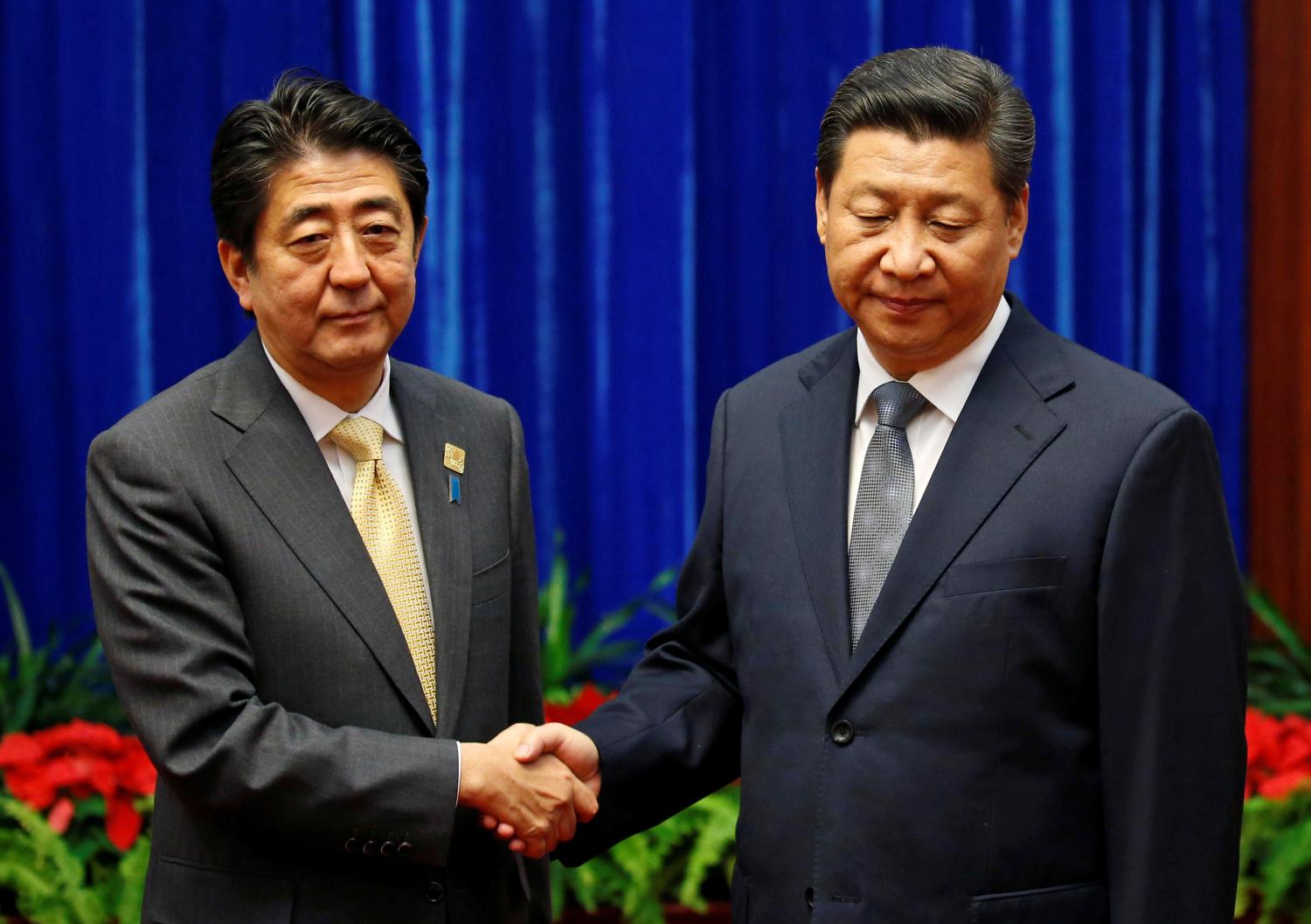China’s drive toward economic reform and modernization in the past 25 years has created new opportunities for citizen participation. The Chinese people are seeking ways to organize their own institutions to respond to social needs and convey grievances and concerns in a way which influences the policy-making process. One of the significant developments of Chinese society in the past two decades is the emergence of non-governmental organizations (NGOs). While this kind of quiet “revolution” has been going on in China, little of it has been reported to the outside world. Social scientists believe that a country’s progression toward a more open, pluralistic and competitive political system is dependent on whether the country allows a civil society to emerge. While the concept of civil society is an abstract notion covering a wide variety of social dynamics, the crucial measure of its presence in any nation is the ability of NGOs to progress and develop. At this point, China is experiencing these sorts of dynamic social changes, indicating that civil society is indeed emerging.
This essay updates my earlier writings by incorporating information and materials that have become recently available in China and abroad. The contents however, are based largely on my own personal working experiences. The essay examines the historical evolution of NGOs and proliferation of NGOs in today’s China. It analyzes the complexity of the NGO-government relationship, and tentatively predicts the direction of Chinese civil society’s future development.
DEFINING CHINESE NGOS
While China has joined the global “associational revolution,” it is difficult to compare Chinese non-governmental organizations with those of other countries. From 1948-78, when China functioned under a planned economy system, social welfare was the responsibility of the government, leaving no role for NGOs. Some foreign donors and scholars judge whether an organization is a ‘pure’ NGO by looking at the organization?s relationship with the government. Outside observers believe the closer the organization is to the government, the less likely it is to be a real NGO. They tend to divide Chinese NGOs into GONGOs (government organized NGOs) and grassroots NGOs. Some also judge by looking at whether the organization takes a bottom-up or a top-down approach in their internal decision making. Those taking bottom-up approaches are considered NGOs; the others are not. Another method of categorizing an organization is to look at its legal status, i.e. if the organization is registered with the Department of Civil Affairs as a social organization, it is considered an NGO. If the organization is registered with the Bureau of Industry and Commerce, it is considered a commercial entity. Technically, those not registered at all are considered illegal.
The Brookings Institution is committed to quality, independence, and impact.
We are supported by a diverse array of funders. In line with our values and policies, each Brookings publication represents the sole views of its author(s).



